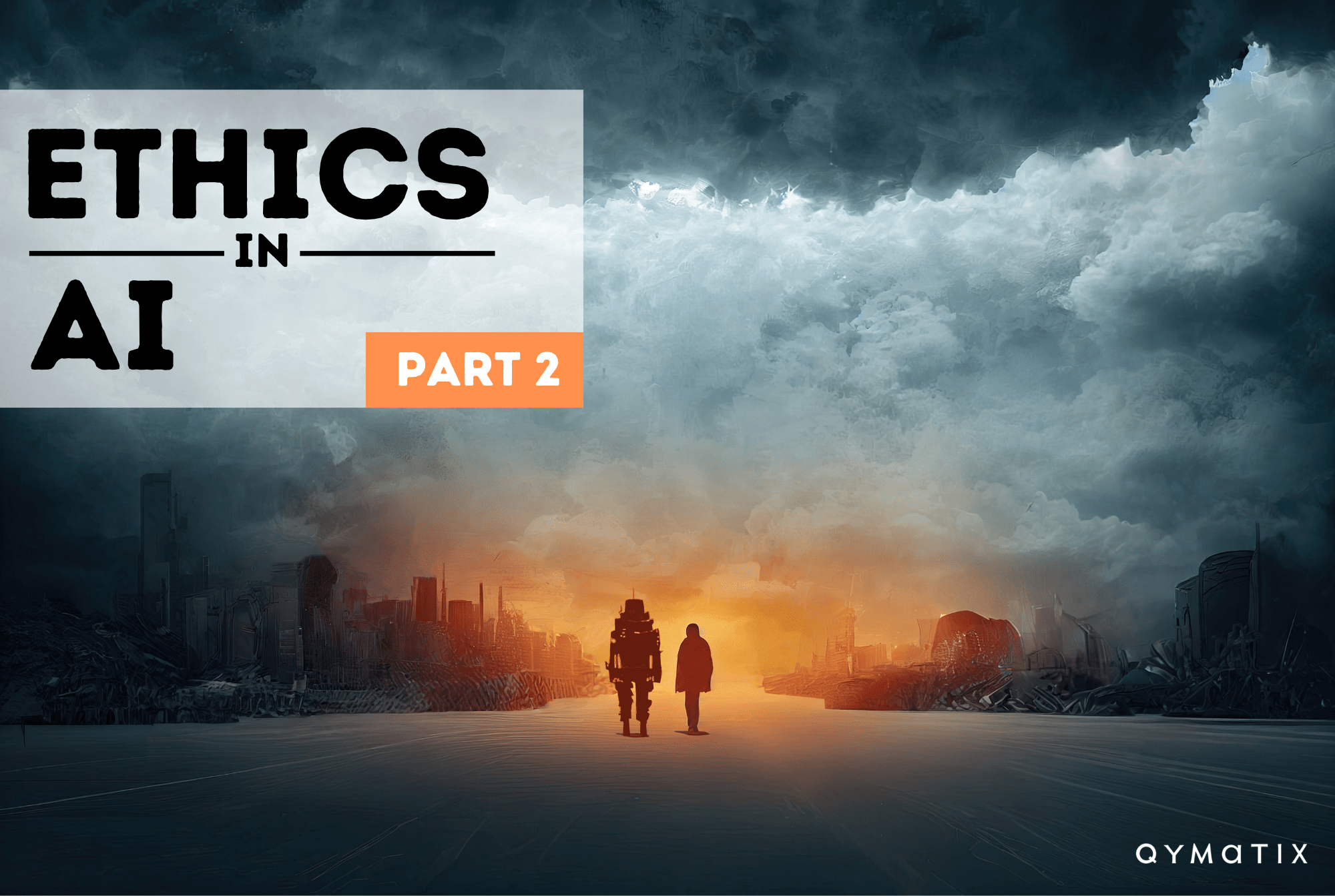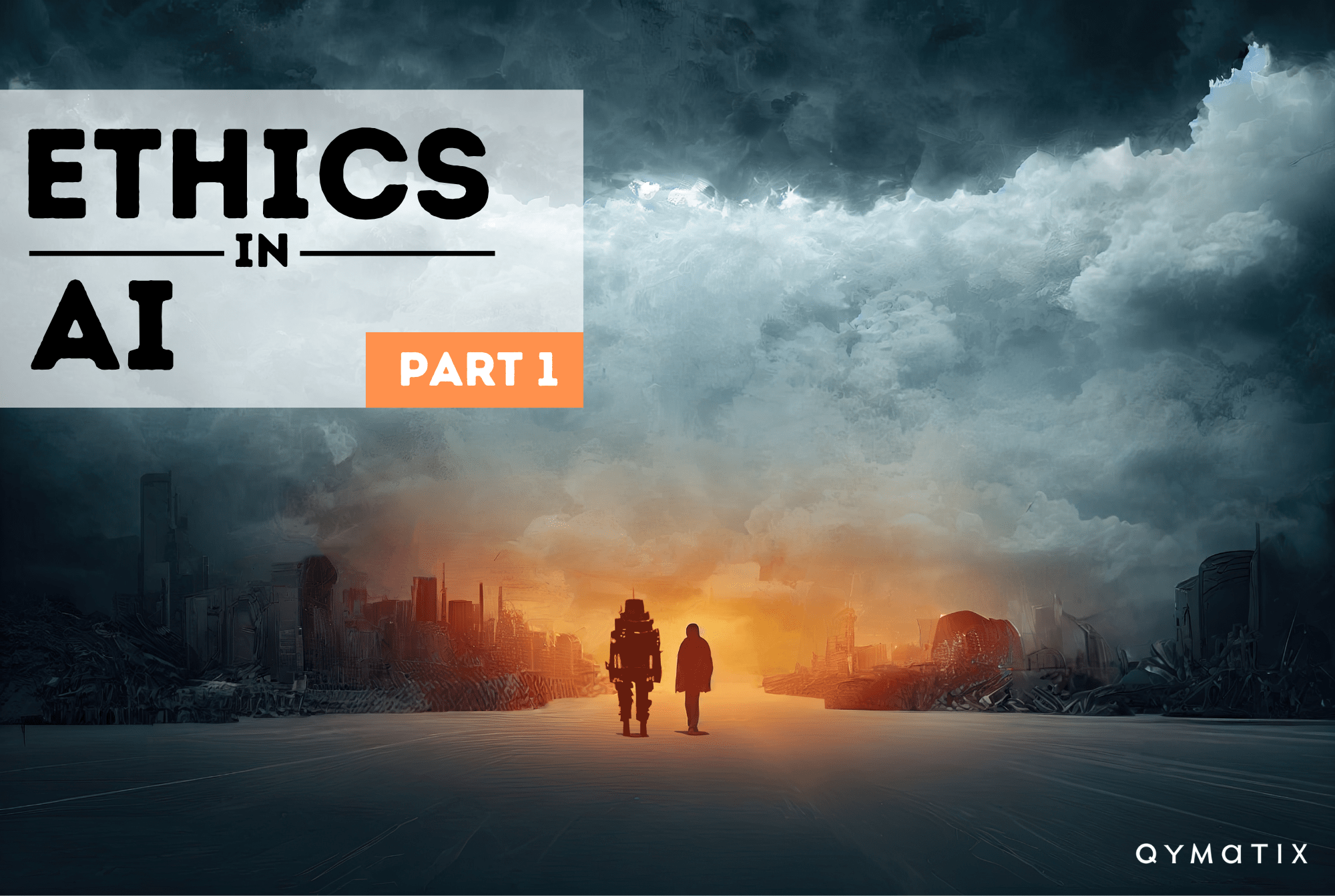What we can learn from the most popular AI scandals
With AI front and centre in our collective consciousness, it’s no surprise that it has also had its fair share of controversy. AI scandals are not that numerous (yet), but they are impactful. So, today we’ll look at some famous AI scandals…
The Ethics of Artificial Intelligence: Why AI Needs an Ethical Basis | Part 2
The Ethics of Artificial Intelligence: Part 2 of 2: an in-depth plea for an ethical basis in the field of AI by our Qymatix guest author David Wolf. If you want to read Part 1 first, click here. Ethics in Conversational AI: What should a bot…
The Ethics of Artificial Intelligence: Why AI Needs an Ethical Basis | Part 1
The Ethics of Artificial Intelligence: Part 1 of 2: a very well-researched and in-depth article by our Qymatix guest author David Wolf. Whether in production, marketing, sales or logistics - artificial intelligence optimizes processes and…


